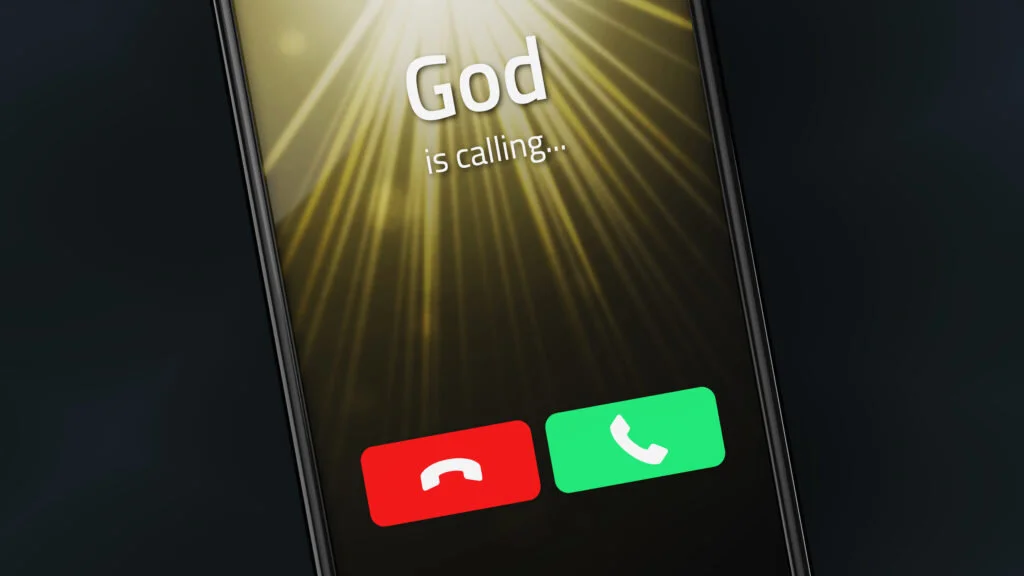At some point before 35-year-old Jesse Ryan Loskarn hanged himself in his parents' home outside Baltimore, he wrote a painful letter soaked in shame and self-loathing in which he attempted to explain the unexplainable.
The former chief of staff for Sen. Lamar Alexander (R-Tenn.) had lived a secret life, hiding memories of child abuse and his addiction to child pornography. Even as U.S. Postal Inspection Service agents used a battering ram to enter his house, it appeared that he was trying to hide an external hard drive – containing hundreds of videos – on a ledge outside a window.
"Everyone wants to know why," he wrote, in a Jan. 23 letter posted online by Gay Loskarn, his mother.
"I've asked God. I've asked myself. I've talked with clergy and counselors and psychiatrists. I spent five days on suicide watch in the psychiatric ward at the D.C. jail, fixated on the 'why' and 'how' questions: why did I do this and how can I kill myself? ... There seem to be many answers and none at all."
Shock waves from these tragic events were still rippling through closed-door gatherings of Beltway insiders this week when the Rev. Jay Dennis came to Washington, D.C., for meetings linked to the Join One Million Men anti-pornography initiative approved last summer by the nearly 16 million-member Southern Baptist Convention. Associates who thought they knew Loskarn were, of course, shocked by the details of his terrible secrets.
"Secrets always have power. ... Here was a secret that literally put this man in chains," said Dennis, the veteran pastor at First Baptist Church at the Mall in Lakeland, Fla. "People are still grieving, of course. They are shocked and in a state of disbelief. ...
"When I read that letter, there were many words and phrases that sounded familiar. There are so many men in our churches that are having some of those same feelings of shame and guilt and hopelessness. They are suffering in silence and they're afraid to talk about what they are doing."
Obviously, he stressed, Loskarn's involvement with child pornography raised criminal issues that are far more serious than the lusts and lies that threaten relationships at the heart of many Christian marriages and homes. Any pastor who sees evidence of abuse and child pornography must immediately appeal to professional counselors and to legal authorities, he said.
In some cases, legal pornography can lead to sexual addictions that require professional intervention. Also, he said, clergy now work in an age in which many children are exposed to online pornography by the age of 10 or 11. Often the initial exposures occur accidentally, a form of digital abuse that can leave children shocked and ashamed and terrified to turn to anyone for help.
"What ties all of this together is silence," said Dennis. "We have resources to help people with these issues and those resources will only get better. .... But nothing really matters if our pastors and our people remain silent and refuse to take this issue seriously. At some point, we have to talk about pornography in our pulpits and pews."
Three years ago, a LifeWay Research survey of 1,000 American pastors about the impact of pornography yielded one very disturbing statistic, he noted. While 69 percent of the pastors agreed that pornography has "adversely affected the lives of our church members," a solid majority – 62 percent – thought that 10 percent or less of the men in their flocks were exposed to pornography on a weekly basis.
"To be blunt, that number is too low to be real," said Dennis. "I'm convinced that some of our pastors are not facing the facts about the dark side of life in this day and age. ... There are men and women out there who are hiding dark secrets and they feel alone and afraid. "
Many, he said, would identify with key passages in the Loskarn letter.
Consider these words, for example: "Today the memories fly at me whenever they choose. They're the first thing I see when I wake and the last thing I think about before falling asleep. I am not in control of anything anymore, not even my own memories. It's terrifying. ... To those who choose to sever all ties with me, I don't blame you. No one wants to think or talk about this."








